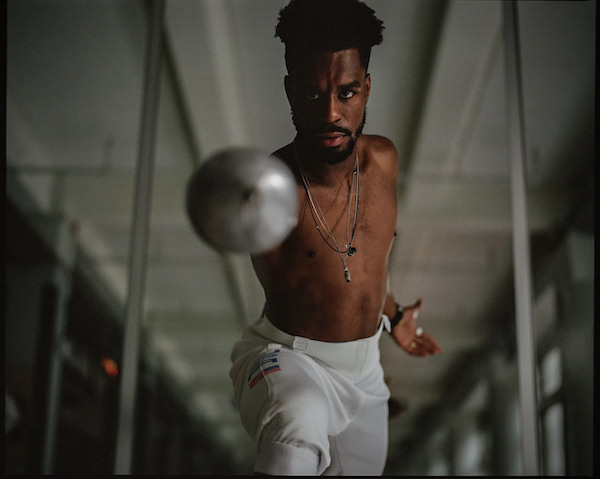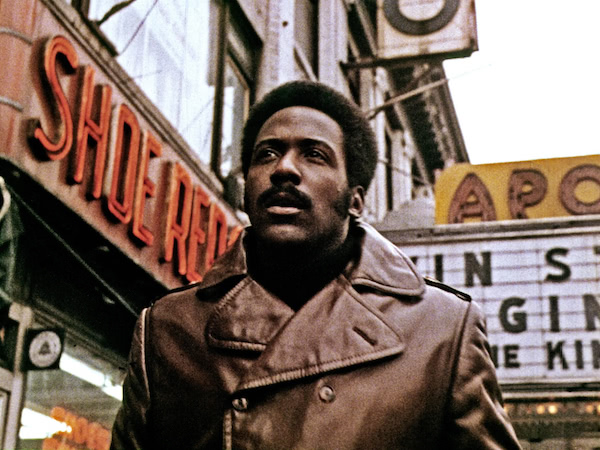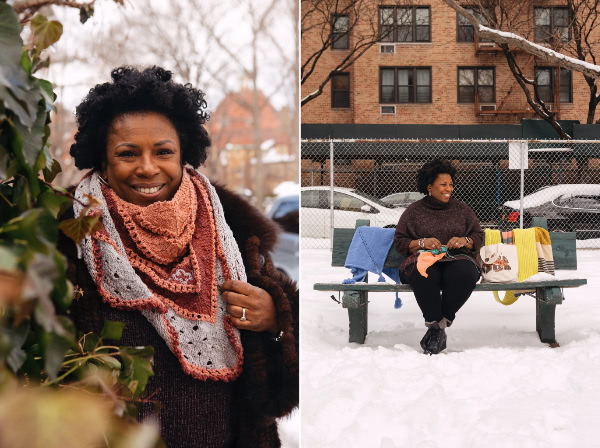Haiti, the Chaos Before

The situation is tense, and people are being displaced. Some with relatives or property in the Dominican Republic are crossing the border. Many others are fleeing to the United States to escape the mayhem.
That’s Haitian Times founder Garry Pierre-Pierre on the deteriorating state of Haiti the week before its president, Jovenel Moïse, was assassinated on Wednesday.
More from The New York Times:
Haiti’s power vacuum has been increasingly filled with the leaders of organized crime, who have taken over parts of the capital over the past year, instilling a reign of terror. Kidnappings, lootings and gang-associated violence have made parts of the country ungovernable, leaving many Haitians fearful to even leave their homes and forcing some aid organizations, on which many in the country depend for survival, to curtail activities.
This isn’t about Maria vs. Rachel, ESPN must address its pervasive race problems
Iliana Limón Romero for the Los Angeles Times:
Top Black voices keep leaving ESPN for a reason.
The latest symptom of a deeply rooted problem was thrust into the national spotlight when the New York Times reported Sunday that Rachel Nichols, who is white, was caught on camera suggesting ESPN should not have selected Maria Taylor, who is Black, over her to host a prestigious NBA playoffs pregame show.
Later in the piece:
“ESPN has a consistent history of undervaluing Black talent,” former ESPN anchor Jemele Hill told the Los Angeles Times in a Monday interview. “This isn’t a Rachel versus Maria story. This is a story about why they didn’t value Maria enough to allow her to take full ownership of the job.
“ESPN collects Black faces, but it seems like that when those Black faces become Black voices, it’s a problem.”
On Guard: Curtis McDowald Is Fighting His Way to the Top of the Fencing World

Bradford William David profiles the 25-year-old Olympian for GQ:
McDowald brings the grit, passion, and personality the rest of the joint misses. The lithe six-footer dominates not only within the strip—the narrow rectangular space where fencers battle—but well beyond it, overwhelming the club and the sport with his presence. He’s the type of dude who’ll bet his Rolex on Instagram before an Olympic qualifier against a favored opponent, just in case the stakes weren’t already high enough.
Nikole Hannah-Jones’ Remarks About Going Where You’re Wanted Might Be A Rallying Cry For Black Professionals
Sìmone Stancil, writing for Blavity:
“I have spent my entire life proving that I belong in elite white spaces that weren’t built for Black people,” she lamented. “I got a lot of clarity through what happened with the University of North Carolina and I decided that I didn’t want to do that anymore.”
The Legacy Of ‘Shaft,’ 50 Years Later

NPR’s Morning Edition:
In the cinema of the 1930s and ’40s, black men were often portrayed as servile or slow. They were caricatures. “Black men were neutered in films for decades,” George says. They were also de-sexualized, he adds. With the arrival of the graceful Sidney Poitier as a leading man in the the ’50s, there was progress but it was quaint. “Then you had Sydney who’s sort of like attractive, handsome, but not overtly sexual.”
Following the 1960s’ civil rights era, things changed; audiences changed. “By [1970 to 71,] the world is shifting. Instead of ‘We shall overcome,’ people are saying, ‘Black power.’ And so, there was a desire in the culture for not a suit-and-tie hero, but someone who reflected the funky, freaky things that were going on.”
Black Women Are Knitting Their Way Into History

Siraad Dirshe for the Times:
Cecilia Nelson-Hurt works as the vice president of diversity and inclusion at L’Oreal; she is also using knitting to spark conversations about race and class. Ms. Nelson-Hurt, 55, comes from a long line of Afro-Latina makers: Her maternal grandmother was a seamstress while her mother baked elaborate wedding cakes. Ms. Nelson-Hurt is continuing the tradition by knitting.
‘Just about anything I do, I’m good at.’
Real talk.
Thanks for reading. See you next week.
